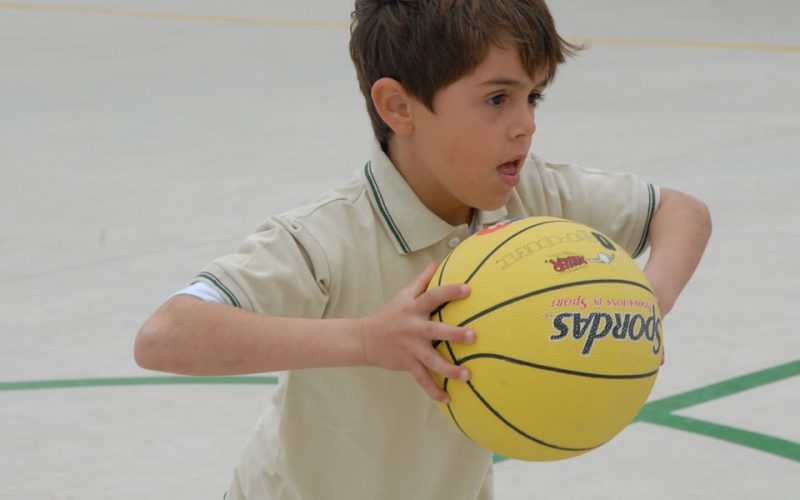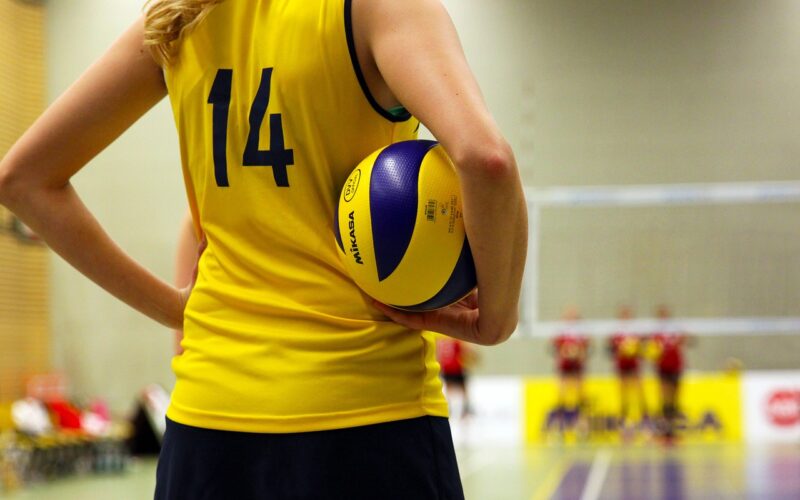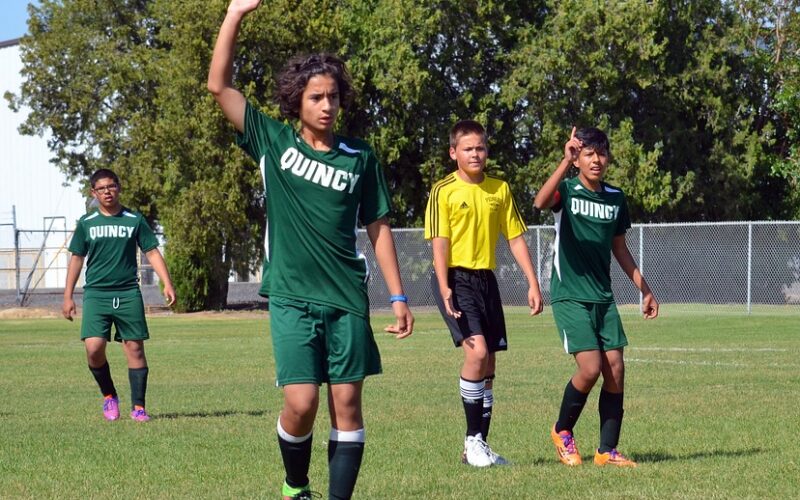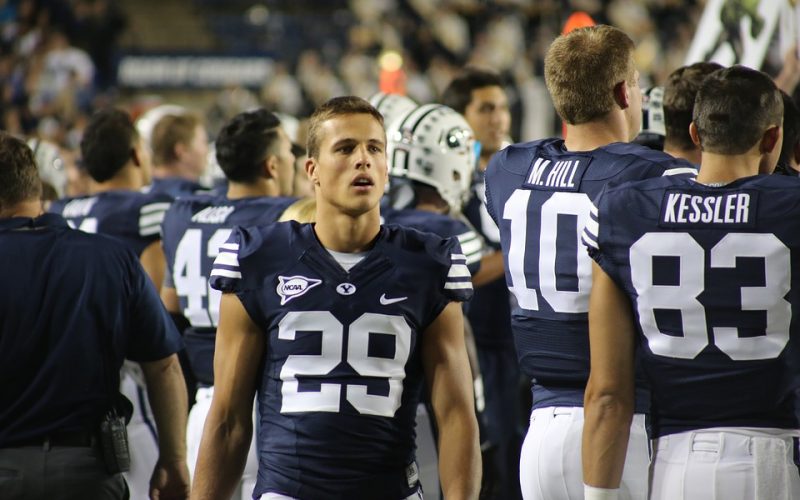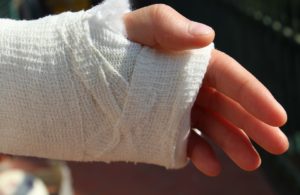When the school term begins, students generally have the option of joining a wide variety of teams at their school. Most of them will be physical activities, and students are expected to show they have the ability to play the game. Knowing the rules is only part of what they must prove to the coaches who are in charge, and many students can pass that part of the test. The physical ability is where many of them stumble, but a coach who sees potential might just let them on the team to give them a chance to progress and develop.
There are also academic sports in many schools, and these depend solely on brain power rather than physical abilities. Not all of the teams require passing a test to join, and they are open to all students. These open teams are a way to help students develop their academic skills, so they generally do not have competitions or meets like other sports. Math clubs have become a popular addition to school teams in the last few years, and a surprising number of students have come to enjoy the challenge.
Debate teams have been very popular for years, but schools are also beginning to form trivia teams for their students. The popularity of this sport has grown widely, and students have begun to learn respect for those who can hold onto small facts and come up with the correct answer to obscure questions. While many students have avoided meets they see as too intellectual, trivia bridges the gap between physical sports and debating matches. It is seen as a fun way to watch classmates score points in competition.
Games are the basis of many school teams, and those who enjoy strategy have often been members of the chess club. While it is not usually seen as a sport, the ability to overcome opponents and win matches seems to come and go with each generation.
